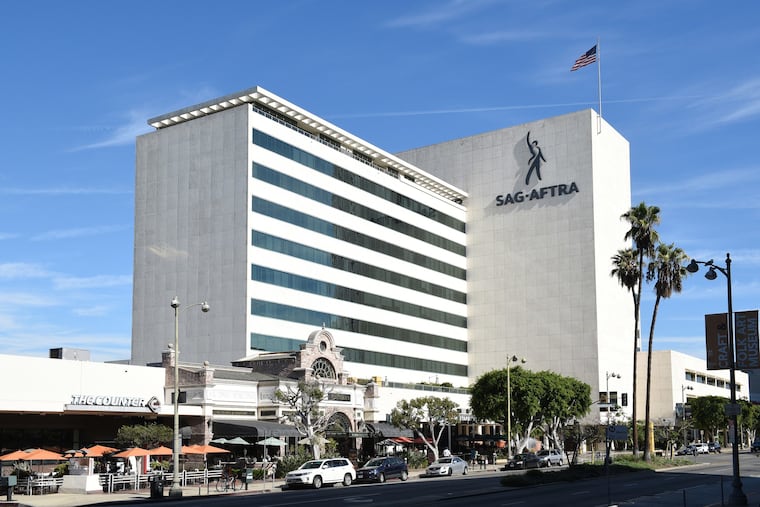Power 99-FM’s on-air talent and producers are trying to unionize
The group of 10 employees from the hip-hop and R&B station are seeking to affiliate with Philadelphia SAG-AFTRA.

On-air hosts, disc jockeys, producers, and others at Philadelphia radio station Power 99-FM are trying to organize a union.
A group of 10 employees of the WUSL-FM radio station, which is owned by iHeartMedia Inc., filed a petition with the National Labor Relations Board (NLRB) on June 20. They are seeking to be represented by the Philadelphia local of the Screen Actors Guild - American Federation of Television and Radio Artists (SAG-AFTRA).
“We don’t comment on ongoing organizing, but obviously we are very excited about broadcasters having a voice in the workplace and looking forward to welcoming them to the SAG-AFTRA family,” said Steve Leshinski, Philadelphia executive director for the union.
A spokesperson for iHeartMedia did not respond to a request for comment on the petition.
SAG-AFTRA represents certain groups of radio workers at several other stations in the Philadelphia region including Q102, Total Traffic & Weather Network, 93.3 WMMR, 92.5 XTU, SportsRadio 94WIP, KYW NewsRadio and WHYY. The union represents more than 160,000 members across the country, including actors, announcers, broadcast journalists, and disc jockeys.
Radio stations of all types have undergone economic struggles for years, and staff layoffs have affected radio workforces across the country. In 2020, a round of layoffs at iHeartMedia included an executive and two disc jockeys from Philadelphia, but none of them were from Power 99-FM. The company did a round of layoffs this year as well, which do not appear to have included Philadelphia employees, based on industry reporting.
The petition filed this week does not immediately create a union with a contract. iHeartMedia will have an opportunity to respond to the petition with the NLRB. If the NLRB approves an election, a majority of members who choose to vote would have to elect union representation. If they elect to unionize, collective bargaining would follow. It often takes new unions a year or more to reach a first contract.